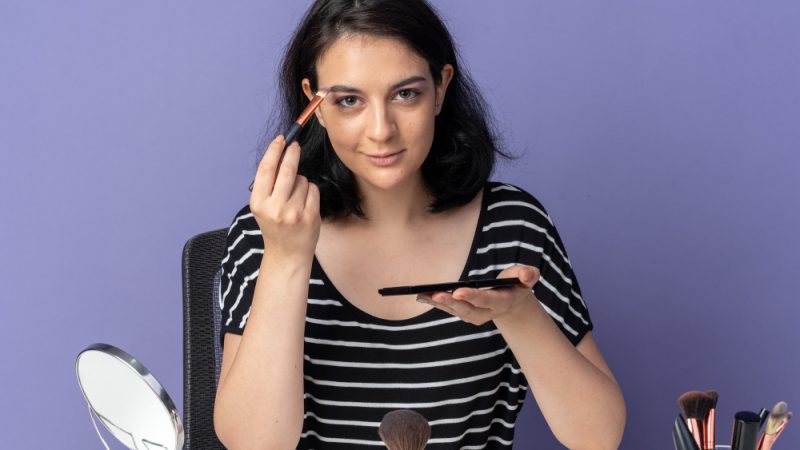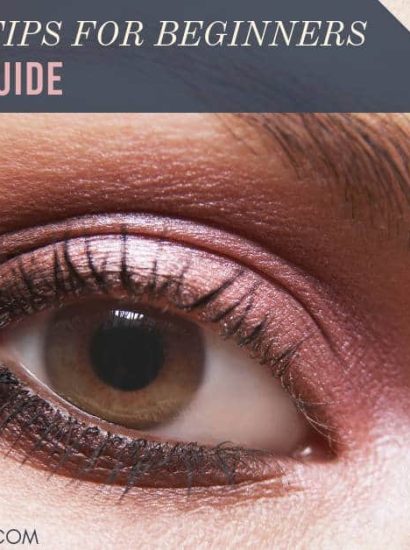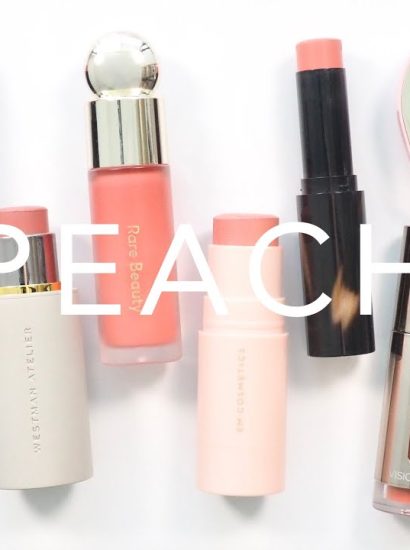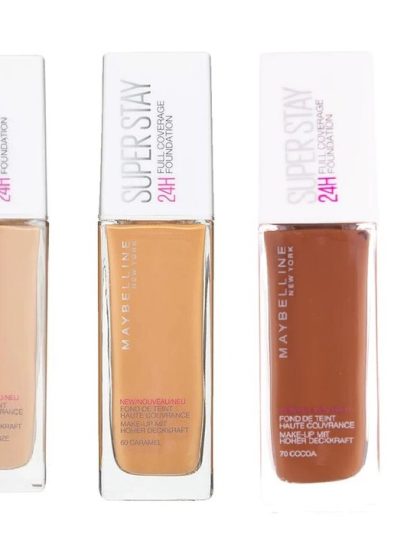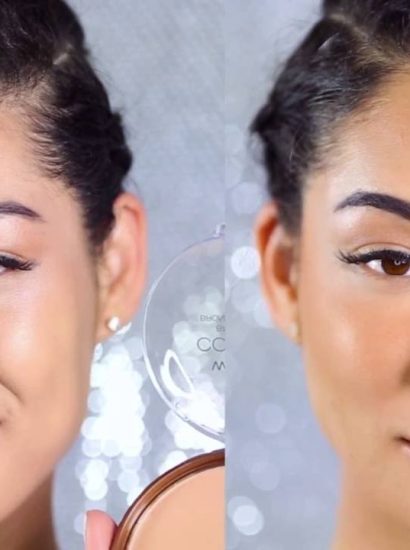Makeup is a creative tool that enhances confidence and helps express personality. However, wearing too much or using it incorrectly can have serious effects on your skin over time. Many people don’t realize that excessive makeup use can clog pores, cause premature aging, and lead to breakouts. The good news is you don’t have to give up makeup altogether—just learn how to use it wisely.
In this article, we’ll explore the effects of excessive makeup on your skin and share healthier alternatives and skincare tips to keep your complexion glowing.
Understanding Excessive Makeup
Excessive makeup doesn’t just mean a “full-glam look.” It can also refer to:
- Applying multiple heavy layers of foundation, powder, and concealer daily.
- Using products that are too harsh or not suited to your skin type.
- Wearing makeup for long hours without breaks.
- Sleeping without removing makeup properly.
The combination of these habits can overwhelm your skin barrier, leading to damage over time.
Clogged Pores and Breakouts
Foundation, primers, and powders can seep into pores, trapping dirt and oil. If not cleansed properly, this buildup leads to blackheads, acne, and enlarged pores. Heavy formulas and waterproof products are especially hard to remove, making skin congestion worse.
What to do instead
- Choose non-comedogenic (non-pore-clogging) products.
- Incorporate double cleansing (oil-based cleanser + gentle face wash) into your nightly routine.
- Limit heavy makeup use to special occasions.
Skin Irritation and Allergic Reactions
Many makeup products contain fragrances, preservatives, and chemicals that can trigger irritation. With daily heavy use, sensitive skin may develop redness, itching, or even rashes.
What to do instead
- Do a patch test before trying new products.
- Opt for hypoallergenic, fragrance-free makeup.
- Give your skin “no-makeup days” to heal naturally.
Premature Aging
Ironically, while makeup is often used to cover wrinkles, overuse can actually accelerate them. Heavy powders can dehydrate skin, and certain ingredients may break down collagen. Worse, if makeup isn’t fully removed, free radicals can damage skin overnight.
What to do instead
- Focus on skincare before makeup—hydration and sunscreen are essential.
- Use lightweight, breathable formulas instead of cakey layers.
- Prioritize products with skincare benefits, like tinted moisturizers with SPF.
Infections and Skin Conditions
Sharing makeup or using old, expired products exposes skin to bacteria and fungi. This can cause eye infections, dermatitis, or fungal acne. Dirty brushes also harbor bacteria that transfer directly onto your face.
What to do instead
- Clean brushes and sponges weekly.
- Replace mascara every 3 months and foundation every 6–12 months.
- Never share makeup, especially eye products.
Disruption of the Skin Barrier
The skin barrier protects against pollutants, UV rays, and bacteria. Heavy, long-term makeup use combined with harsh removal techniques can strip away natural oils and weaken this defense system.
What to do instead
- Avoid harsh scrubbing when removing makeup.
- Use gentle, hydrating cleansers.
- Replenish your skin barrier with ceramide- or hyaluronic acid–based moisturizers.
Psychological Dependence on Makeup
Beyond physical effects, over-reliance on makeup can impact self-esteem. Many people begin to feel insecure without makeup, which can create a cycle of excessive use and less confidence in natural beauty.
What to do instead
- Slowly reduce daily use by embracing lighter looks.
- Practice “skinimalism”—focusing on skincare and minimal makeup.
- Boost confidence by highlighting natural features.
Better Alternatives: Less Is More
Healthy, glowing skin doesn’t require multiple heavy products. A simple, minimal routine can make a big difference.
Alternatives include
- BB creams or tinted moisturizers instead of full-coverage foundation.
- Cream blushes and lip tints for a natural flush.
- Mascara + brow gel for a polished but effortless look.
Prioritize Skincare Over Makeup
The best foundation is healthy skin. Investing in skincare means you’ll naturally need less coverage.
Daily skincare essentials
- Gentle cleanser
- Hydrating moisturizer
- Sunscreen (SPF 30 or higher)
- Occasional exfoliation and face masks
Glowing skin reduces the need for excessive makeup in the first place.
When to Seek Professional Help
If you notice persistent breakouts, irritation, or unusual skin reactions despite cutting back on makeup, consult a dermatologist. They can identify allergies, suggest treatments, or recommend better-suited products.
Conclusion
Makeup should be a fun way to enhance your features, not something that harms your skin. Excessive makeup use can lead to clogged pores, premature aging, and even infections if you’re not careful. But by focusing on skincare, choosing gentler products, and adopting a lighter routine, you can enjoy both healthy skin and beautiful makeup looks.
Remember: true beauty shines when you feel confident in your own skin.
FAQs
1. Can wearing too much makeup daily cause permanent damage?
Not always, but excessive use without proper skincare and cleansing can lead to long-term issues like scarring, enlarged pores, and premature wrinkles.
2. How many hours is it safe to wear makeup?
It’s best to limit makeup wear to 8–10 hours. Always remove it before bed to allow your skin to breathe and repair overnight.
3. Is it bad to wear foundation every day?
Daily foundation use is safe if it’s lightweight, non-comedogenic, and removed thoroughly at night. Pair it with a strong skincare routine.
4. What is the healthiest type of makeup for skin?
Mineral-based makeup, hypoallergenic formulas, and products with added skincare benefits (like hyaluronic acid or SPF) are generally the healthiest options.
5. How can I reduce my reliance on heavy makeup?
Start with a solid skincare routine, switch to lighter products (like BB creams), and embrace “no-makeup days” to build confidence in your natural beauty.
Also read: How Much Do You Tip for a Facial? Spa Etiquette Explained

